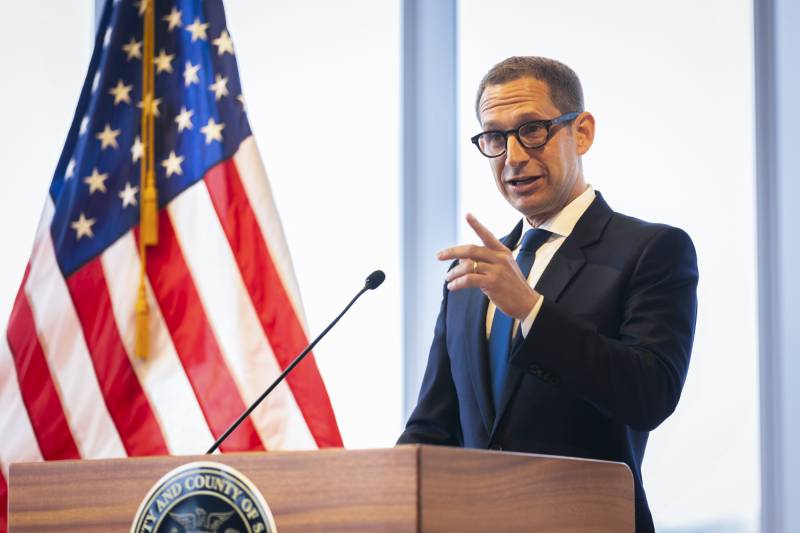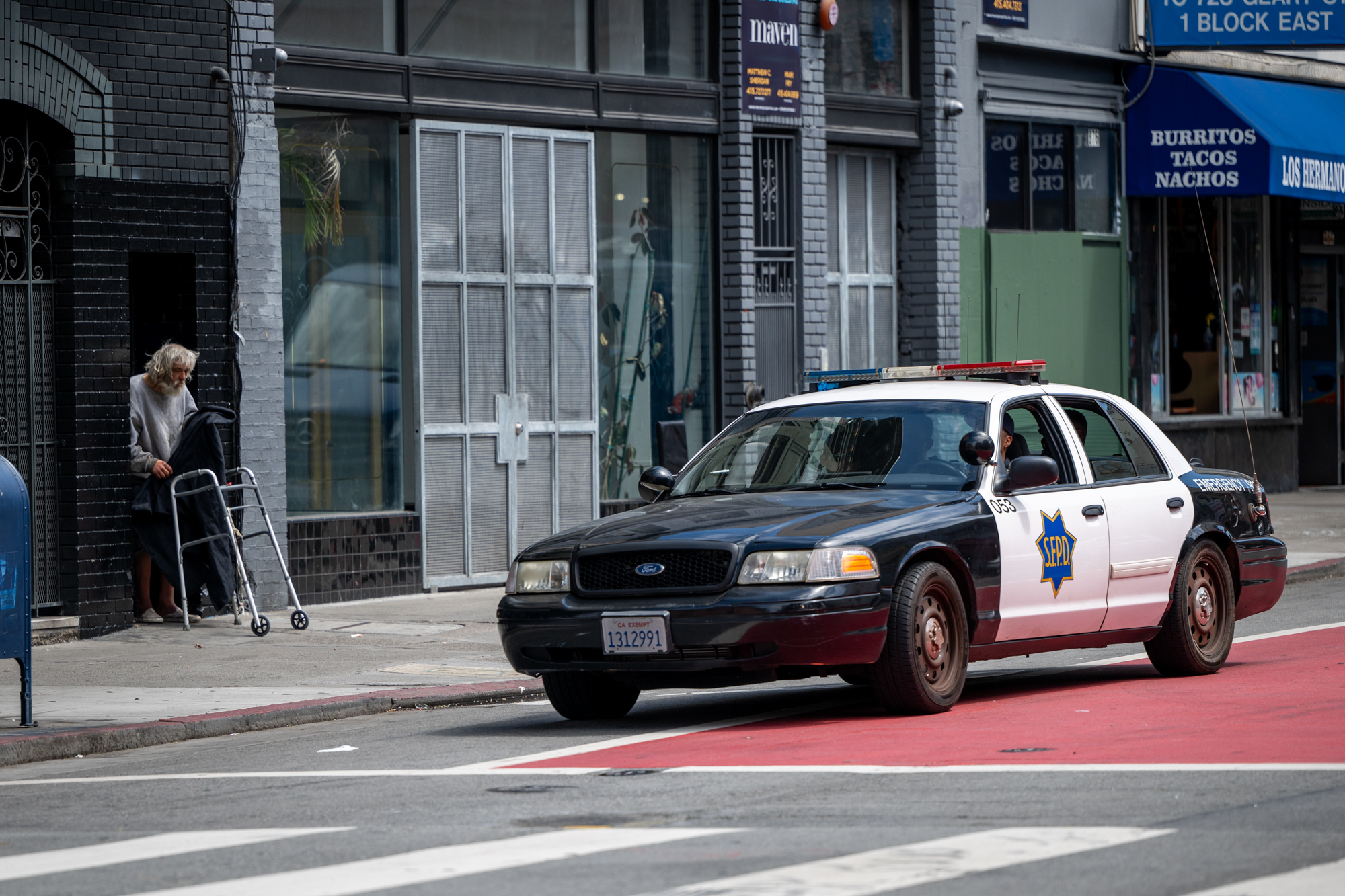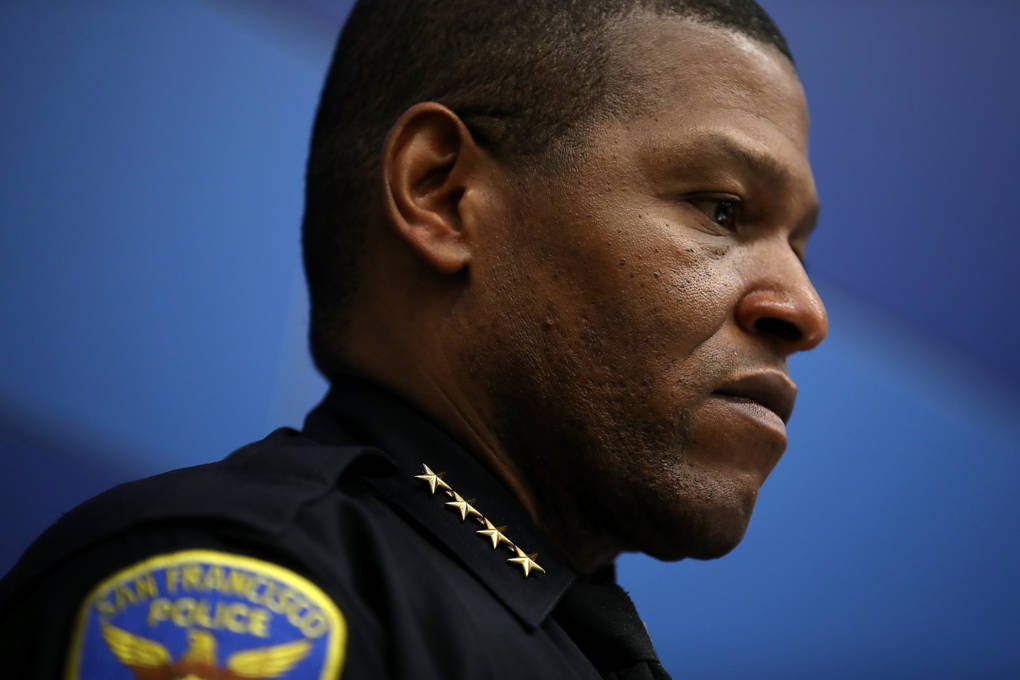A recent audit found that the police department was billing excessive overtime hours for the past five years, something that Scott has repeatedly attributed to understaffing.
In six months, the program will be evaluated in a public report for specific practices like sick leave, overtime pay and “10B” assignments — where sworn officers work as private security.
Supervisor Jackie Fielder, one of only two supervisors to vote against a $91 million budget allocation for sworn officer overtime last week, said she is “cautiously optimistic” about the new program.
“We will be closely watching to ensure that this report will lead to actionable change,” she said in a statement.
Despite introducing the program as needed to address public safety, Lurie and other city officials acknowledged the fact that crime is generally down in San Francisco. Car break-ins are at a 22-year low, and there was an overall 28% decrease in crime during the first four months of Lurie’s term, compared to the year prior.
“Mayor Lurie’s Executive Directive addresses a critical need to relieve the pressure on our public safety personnel by reducing overtime, exhaustion, burnout, and backlog in our jails and courts,” said Sheriff Paul Miyamoto. “This isn’t just about supporting my deputies and SFPD officers, it’s about making sure crime is fought, justice is served, rights are protected, and San Francisco is safer for everyone.”



